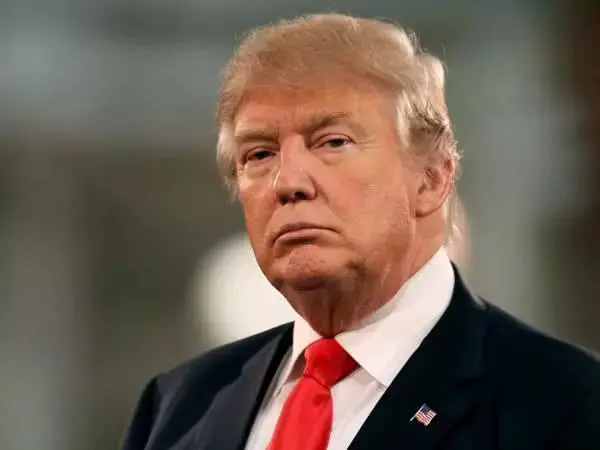The World Trade Organization (WTO) kicked off its 9th ministerial conference, or the MC9, here Tuesday afternoon in the Indonesian resort island of Bali, struggling to revive the long-stalled Doha Round by reaching a possible trade deal at the four-day meeting.
Trade chiefs of the WTO's 159 members will work to break trade impasses and finalize a package of global trade agreements that mainly cover trade facilitation, development and agriculture, in a bid to pave the way for future completion of the Doha Round.
"It is our hope that over the course of the next few days ministers will be able to send a message to the world that the multilateral trading system still works," said Gita Wirjawan, chairman of the ministerial conference, at the opening session.
"We are on the cusp of an accomplishment that has eluded us for 12 long years," said Gita, who is also Indonesia's trade minister.
Firstly launched in 2001, the Doha Round of trade talks was launched by the WTO with an aim to help poor nations hurdle barriers in global trade and prosper through the free flow of goods.
In 2008, the Doha Round talks came to a stall over wide disparity in opinions on farm subsidies, tariffs, and non- agricultural market access between developed countries and developing ones, and little progress has been made at the WTO negotiation table ever since.
"It feels like the WTO has been through a long dark night," said WTO director-general Roberto Azevedo, who has been urging all- out efforts to ensure a successful outcome in Bali since taking up his position in September.
"I hope that here in Bali we will see the morning of the World Trade Organization," Azevedo said at the opening session.
Despite a failure to finalize the trade deal documents before the Bali meeting, trade leaders are showing strong determination to seal the package.
Issues of importance to developing countries like agriculture subsidies are not fully completed, according to Azevedo, who has stated earlier that he has not given up on securing the Bali package and will be working with all delegations in Bali to get an agreement that secures a successful outcome.
Azevedo noted that the remaining obstacles are well defined and not very difficult to resolve. "What we need here this week is for ministers to show political will and engagement," he said at a press conference after the opening session.
"No member is being asked to do the impossible... Any misgivings that a member may have would be about not getting everything they hoped for," he said.
A successful Bali meeting would also serve to offer some confidence in the WTO and the Doha Round, especially at a time when countries are seeking regional or bilateral free trade agreements outside the WTO framework, such as the Trans Pacific Partnership and the Trans-Atlantic Trade and Investment Partnership.
"Proliferation of regional trade deals has given rise to overlapping and competing trade agreements... the multilateral trade system works for all of us," said Indonesian President Susilo Bambang Yudhoyono.
Yudhoyono also called for substantial achievements at the meeting, saying that failing to claim a Bali package is to lose a giant opportunity.
"Failure is not an option," said Yudhoyono in his speech at the opening ceremony.
Should the deal be signed in Bali, it could not only boost global gross domestic product by 960 billion U.S. dollars, but also brings about an increase of 570 billion U.S. dollars in exports and 18 million jobs for developing countries, according to an earlier report from the International Chamber of Commerce.
"We are close to an historic agreement," said Yudhoyono.
A rules-based multilateral trading system that works for developed and developing countries alike is needed, and helping the weak grow strong will bring benefits and contribute to regional and global stability, he said.
In an effort to participate in supporting the development of developing countries and remove trade barriers, China and the group of four major African cotton producing countries, or the C4, on Tuesday announced to expand the cooperation program on cotton industry at the sidelines of the MC9.
The agreement is a follow-up of a program that started in 2011 at the 8th WTO Ministerial Conference, which allowed China to support cotton industry of the C4 countries, namely Benin, Burkina Faso, Chad and Mali, via technical and financial aid.
Since joining the WTO, China has always given priority to support the developing members of the WTO, in particular the least developed countries, said Chinese commerce minister Gao Hucheng.
Commenting on the program, Azevedo said it is a "very welcomed development" that developing countries are now able to provide technical assistance.
Such cooperation on cotton "constitutes a renewed push for negotiations," he said.
 简体中文
简体中文

